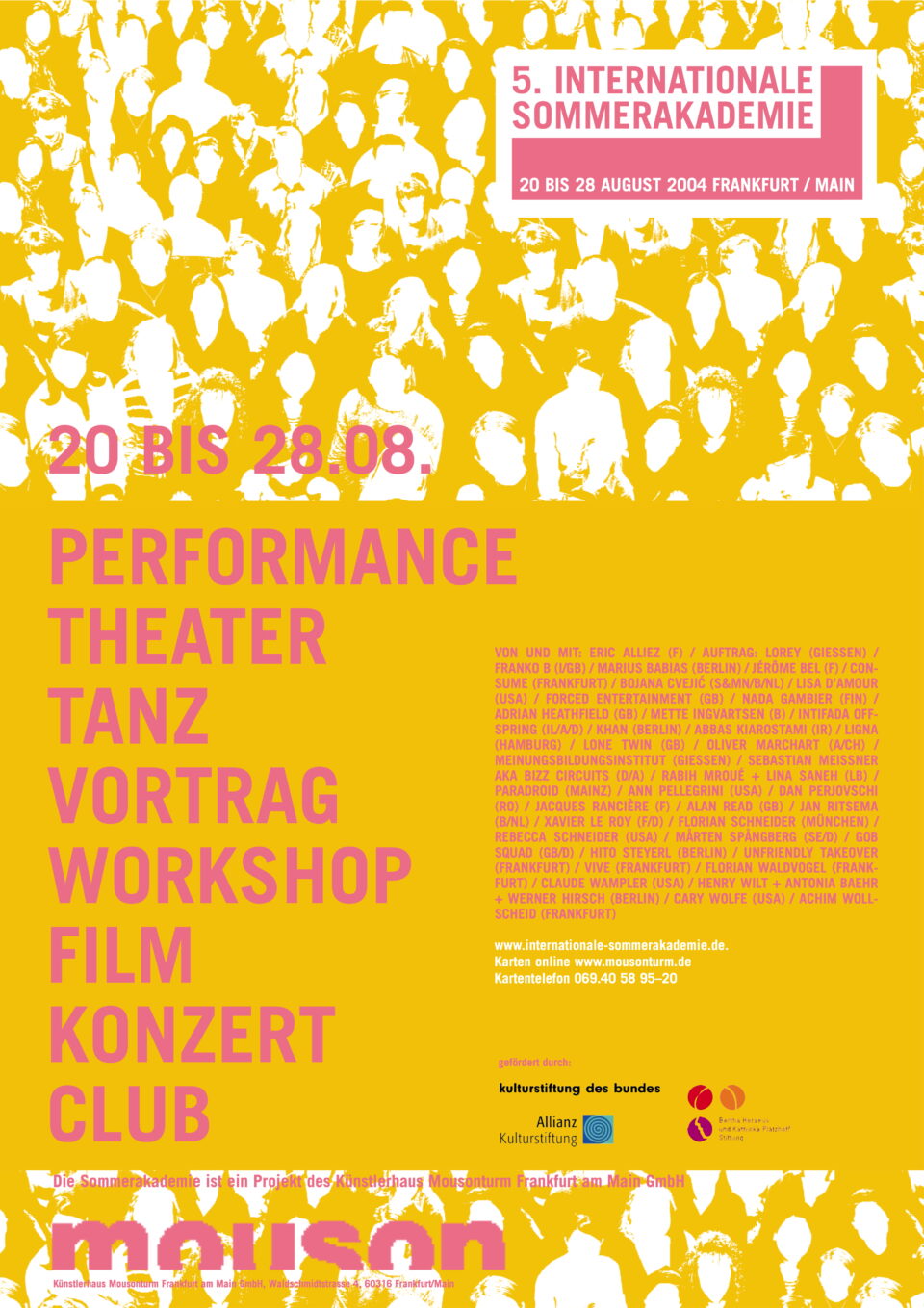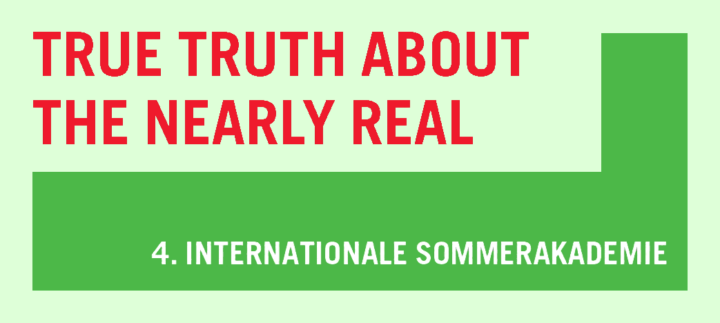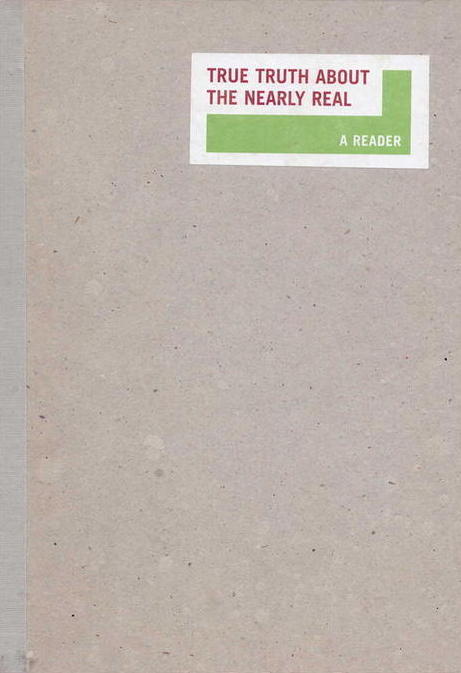There is a word for people like you – and that word is: audience. […] An audience likes to sit in the dark and to watch other people do it. Well, if you paid your money: Good luck to you. From this end of the telescope things are somewhat different. You all look very small and very far away, but there’s a lot of you. It’s important perhaps to remember that there are more of you than of us. So if it does come to a fight you will undoubtedly win. Forced Entertainment, Showtime
Solely the banal fact that in theatre, in contrast to the other arts, production necessarily takes place in the same time-space as the reception puts audi- ence in a precarious position: Being somehow responsible for actions witnessed on stage. Being present, being part, being involved. It is this phenomenon which has repeatedly fascinated theatre artists in all periods, particularly during the last century, and has stimulated them to reflect on this circumstance and turn it into a subject. The transitory character of theatre as an event elevates the audience into a constitutive element.
These aspects gain a new quality in a time when the arts are again more and more concerned with the political on which politics itself is loosing its grip.
Even though theatre is no longer the social medium of self-clarification which it has always been it has the possibility of being politically strong wherever it becomes apparent that it remains the only artistic place of direct confrontation of the audience with itself as a collective.
How does that compare to other art-forms whose audience is more abstract, perhaps more absent from the work, but which are because of this more independent from the spontaneous whims of a few individuals?
The Fifth International Summer Academy poses the questions concerning the audience from two perspectives: with respect to aesthetic practice and with respect to political stance. The Fifth International Summer Academy wants to take account of both conceptual approaches and also their communication by curators.
Four Academies – and more
Form follows function – a smart advice for graphic designer and sometimes even for artists. But what form can follow the function of the International Summer Academy? What is the function of the International Summer Academy anyhow? Knowledge has always been closely associated with conventions of power, institutions, pedagogy, ethics and politics. Consequently, modes of passing knowledge have to be a central theme for any reflective practice. The International Summer Academy tries to reflect on its own conditions, possibilities and restrictions. This is why we this time want to go a step further, actually at least four steps further:
In 2004 there will not be one, but four academies. Four academies at the same time at the same place giving probably more than four answers. Very personal answers perhaps, very radical perhaps, very theoretical or very intuitional, very precise or very vague. Six artists / theoreticians / curators are invited to invite – not only a partner for a joint workshop but partners for a whole academy. Four Acade- mies at the same time at the same place: Performances, group work, no work, discussions, muttering, opening, closing …



